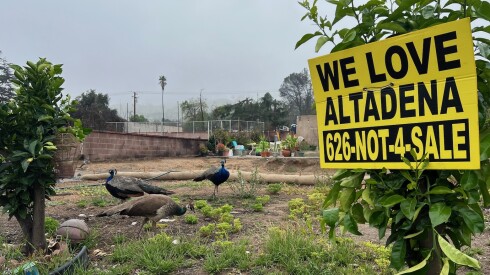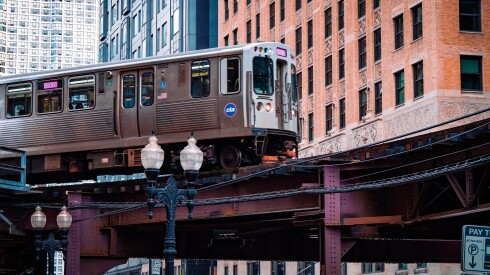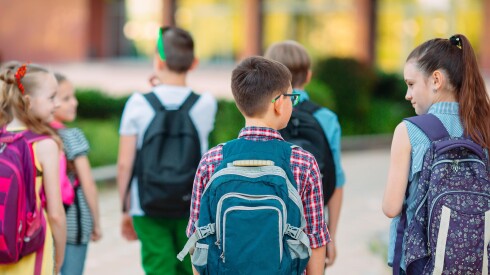Latest News
The growth of cities between San Antonio and Austin, separated by 75 miles, is creating one massive metro region.
States are spending 15 percent of their home-generated revenue on the program, seeing their largest cost increases in 20 years.
Like some other states, Indiana is moving away from criminal justice reform efforts, imposing new penalties for homicide, fentanyl and other crimes.
Last year, a total of $13 billion in public subsidies were proposed for stadiums. Taxpayer money could pay bigger returns elsewhere.
The notion of controlling development and limiting suburban sprawl is finding some traction in pockets of the Sun Belt and West. You might be surprised at what’s been happening in Montana.
Threats down to the local level have grown more pervasive. Party officials worry that recent shootings could have a deterring effect on some prospective candidates.
A slew of measures that passed the Senate failed to come up for a vote in the Assembly. Advocates blame Speaker Carl Heastie, who says they’ve failed to build up support for legislation.
The public sector is more obsessed than ever with using data to make decisions. But some think the quality of it may be getting worse.
Overall state aid to colleges and universities was flat this year but lawmakers approved $610 million in construction, with promises of more for future phases of new projects.
Ruthzee Louijeune is the city’s first Haitian American City Council president. Now she’s fighting the Trump administration on immigration.
It won’t be easy, but former mayors Michael Tubbs and Aja Brown hope to prevent displaced lower income Altadena residents from being displaced for good.
The state is seeing a larger decline in residents 18 and younger than any other state. It’s also getting older and seeing losses in its working-age population.
One California re-entry program boasts a 92 percent success rate in helping former prisoners find jobs or continue schooling — and keep from reoffending.
The court ruled that states can deny Medicaid payments for medical screenings and other services at the abortion provider. The decision reverses prior policy allowing any qualified provider to be paid by Medicaid.
Mamdani intends to freeze rent and offer free bus service and child care. Although a Democratic socialist, he insists he will be pragmatic in office.
One promising approach is a dedicated specialist to prevent ordinary pain management from turning into the kind of addiction that tears at the fabric of communities.
A new law extends the lottery for several years. Its fate had been in doubt due to some questionable practices.
Drones had been limited to dangerous situations but now will be used for routine calls.
One federal agency targeted by DOGE lost substantial staff but took up AI and implemented ideas that should have been put in place years ago.
A 2018 housing bond in the Portland region has helped produce more units than it initially promised to voters. But the region’s affordability and homelessness problems are still worsening.
Better data and messaging would help. So would improved education.
A series of new laws expanded workforce programs through high schools, community colleges and apprenticeships.
Since 2018, state spending on hotels for unsheltered individuals has tripled. Conditions are often inadequate and some worry homeless people are isolated and unable to access other support services.
School choice programs provide state money to help families who want to educate their kids outside of public school. After launching programs targeted at disadvantaged students, many states are opening the programs up to everyone.
The incinerated town of Lahaina has barely begun to recover. Policymakers have scrambled to ease inflexible laws and regulations but rebuilding would be happening much more quickly if that had happened before the fires.
Now 25,000 members strong, financially secure and long blessed with thoughtful leadership, the Government Finance Officers Association is poised to address the challenges to come for those who manage the public purse.
Getting ticketed by AI cameras using license plate data was never popular. Now there are concerns about financial mismanagement and a lawsuit between vendors that ran the program in Mississippi.
With classroom behavior notably worse than it was prior to the pandemic, a number of states are increasing penalties to address aggression and disruption.
The bill would devote most new funds to highways but transit would also get a boost. The major revenue raiser is a 15-cent increase to the gas tax.
Local transit agencies are facing a budget gap of nearly $800 million. The Illinois Senate has passed a bill to provide nearly double that amount and overhaul the systems but the House has not yet acted.
Sponsored
-
Sponsored
Most Read















































